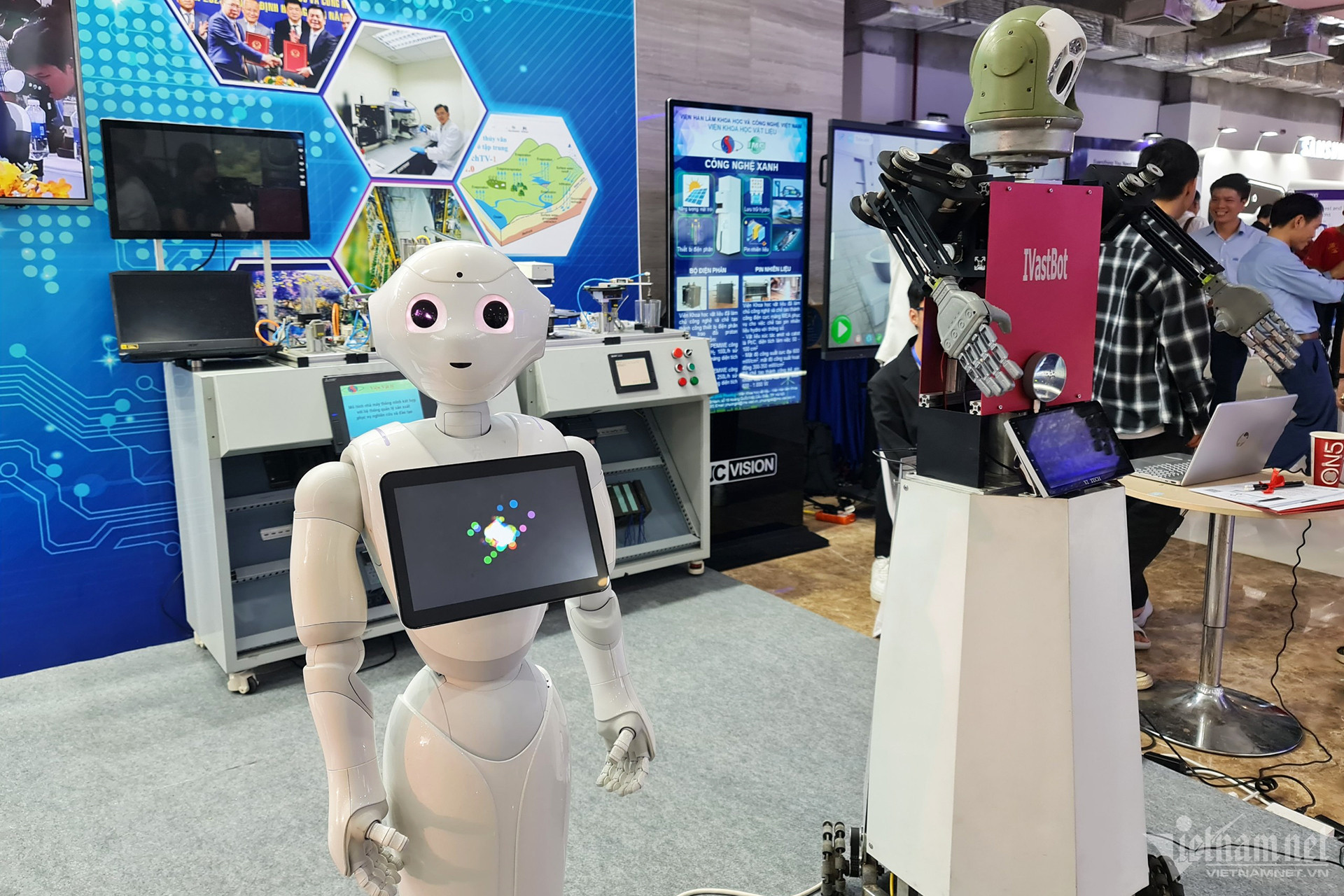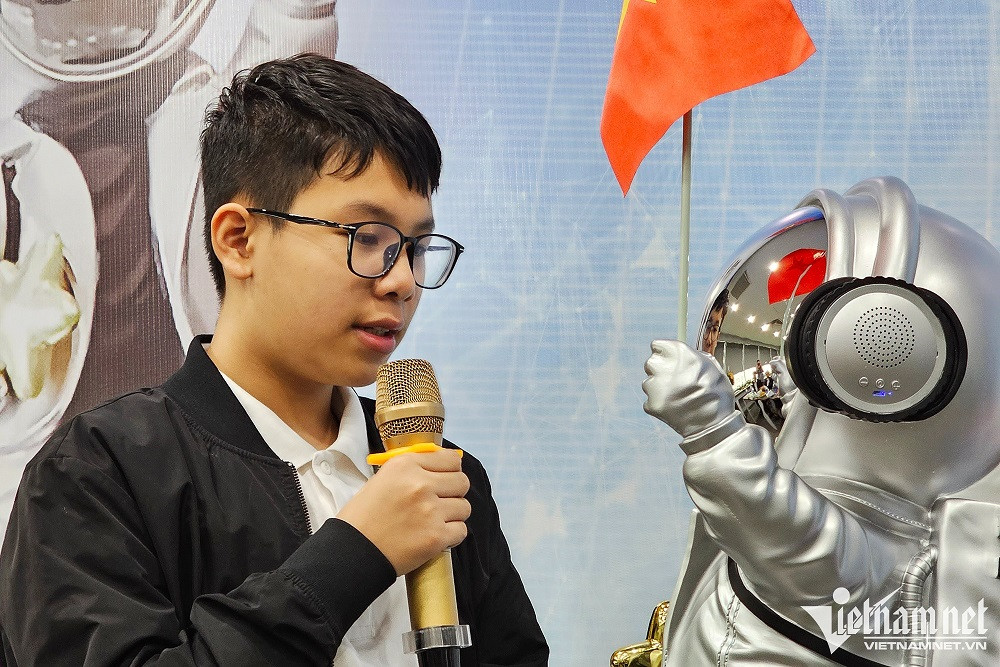
Artificial intelligence (AI) is poised to bring significant benefits to society and the Vietnamese economy. In tandem with the advancement of AI, Vietnam has proactively researched and implemented measures to mitigate risks, ensuring a balance between economic, ethical, and legal considerations.
In line with this vision, the Ministry of Science and Technology (MOST) has released a set of guidelines outlining principles for the responsible research and development of AI systems. These guidelines provide a framework of general principles and voluntary recommendations for entities involved in the AI sector.
The document encourages science and technology agencies, organizations, enterprises, and individuals engaged in AI research and development to apply these guidelines. The principles emphasize the importance of a human-centered approach, ensuring that AI development benefits everyone while balancing potential risks.
The guidelines advocate for technological neutrality and encourage open dialogue among stakeholders. The principles and recommendations will be continually updated to reflect practical experiences and evolving needs.
According to MOST, the issuance of these guidelines aims to foster safe and responsible AI development in Vietnam, thereby enhancing public trust and promoting innovation.

The guidelines recommend fostering a spirit of cooperation and innovation through the interconnectedness of AI systems. Developers are urged to ensure transparency by controlling the inputs and outputs of AI systems and being able to explain their analyses.
Developers must also focus on preemptive risk assessment and control measures. This includes testing AI systems in secure environments before deployment and maintaining robust monitoring and response mechanisms.
The principles stress that AI systems must not harm users or third parties, whether directly or indirectly. Developers must ensure the security, reliability, and physical integrity of AI systems while safeguarding user privacy. This includes protecting spatial privacy, personal data, and communication confidentiality.
Respect for human rights and dignity is paramount. Developers should implement measures to prevent discrimination or unfairness resulting from biased training data. Accountability to stakeholders and support for users are also critical components of the guidelines.
Trong Dat